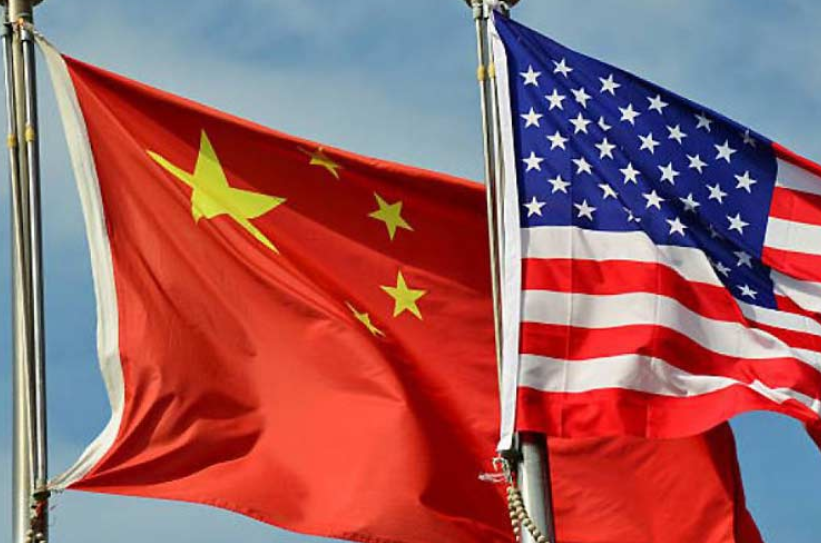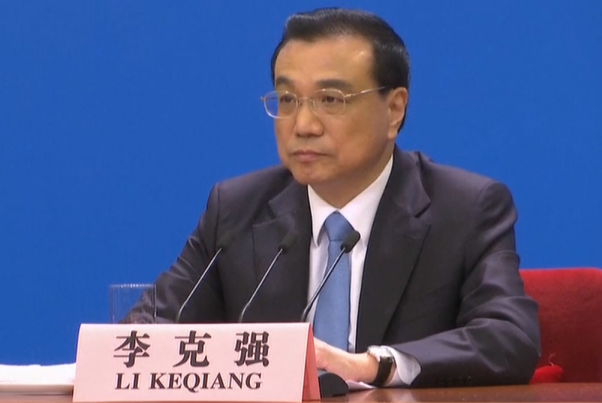France, Germany and the European Commission pushed Chinese president Xi Jinping to open his country’s protected domestic market to foreign business, with German Chancellor Angela Merkel insisting on “a certain amount of reciprocity” from Beijing to seal a future EU-China investment agreement.
French President Emmanuel Macron invited Ms Merkel and Jean-Claude Juncker, head of the European Commission, to join him at the end of a bilateral summit with Mr Xi in Paris, in an attempt to underscore EU unity and Europe’s role as a commercial superpower on a par with the US and China.
Mr Macron said Europe’s openness had aided the spectacular transformation of the Chinese economy and helped lift 700m people out of poverty but also generated “deep tensions which lead to the need for legitimate protection” — an apparent reference to recent restrictions placed by some EU member states on Chinese acquisitions of high-tech companies.
Mr Macron and other EU states have complained in particular about the near-impossibility of foreign companies winning public procurement contracts in China, for example in railways or other transport infrastructure.
In his public statement, Mr Xi made no specific commitments on reciprocity, but said China would “continue to push forward with reform and opening up because China has been pursuing reform and opening up for the past four decades” in its high-speed modernisation and industrialisation since the 1970s.
The Chinese leader also issued a warning against mutual distrust in the China-EU relationship.
“We cannot let natural suspicion get the better of us,” he said. “We cannot always be guarded against each other and worry that they may do something behind our backs.”








